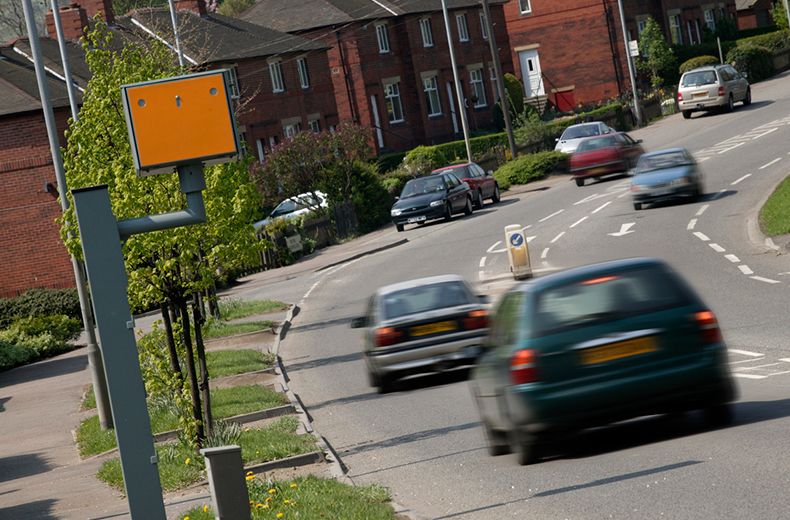According to information from police forces around the country, the vast majority of fixed cameras in the UK will only be activated by motorists going 10% above the speed limit, plus 2mph.
The study was carried out in a bid to tackle rumours circulating earlier this year that speed cameras were programmed to catch motorists going just 1mph over the limit.
The 10% plus 2mph tolerance level in speed cameras would see motorists get ticketed for driving over 35mph in a 30mph zone, and over 46mph in a 40mph zone.
On a motorway where the speed limit is set at 70mph, this means cameras only snap those travelling over 79mph, with all these tolerances in line with Association of Chief Police Officer guidelines.

RAC sale – up to 33% off*
• Roadside cover from £5.29 a month†
• We get to most breakdowns in 60 mins or less
• Our patrols fix 4/5 breakdowns on the spot

All police forces who provided information confirmed that these tolerance thresholds are used for both fixed and average speed cameras.
However, some forces revealed more lenient tolerances, with the Metropolitan and Lancashire forces using a less strict threshold of 10% plus 3mph.
The research was carried out by AutoExpress, who used a series of Freedom of Information (FOI) requests to the 45 UK police forces operating cameras across the country.
Of those 45 forces, 36 provided answers and the remaining nine either refused to confirm the existence of this tolerance, or refused to reveal what the tolerance is set at.
The forces that didn’t provide answers to the FOI request included Scotland, Essex, Bedfordshire and the West Midlands.
Regardless of what speed the cameras are set to - you should never use this as an excuse to speed, always obey the speed limit.
The law states that you are liable for a speeding fine as soon as you exceed the limit, so even if you’re doing 31mph in a 30 limit or 71mph on a motorway, you’re breaking the law and could receive a fine.
For more information on how you can stay on the right side of the speeding laws, wherever you are in the country, check out our guide to speed limits in the UK.
Copyright Press Association 2019. Motoring News articles do not reflect the RAC's views unless clearly stated.






